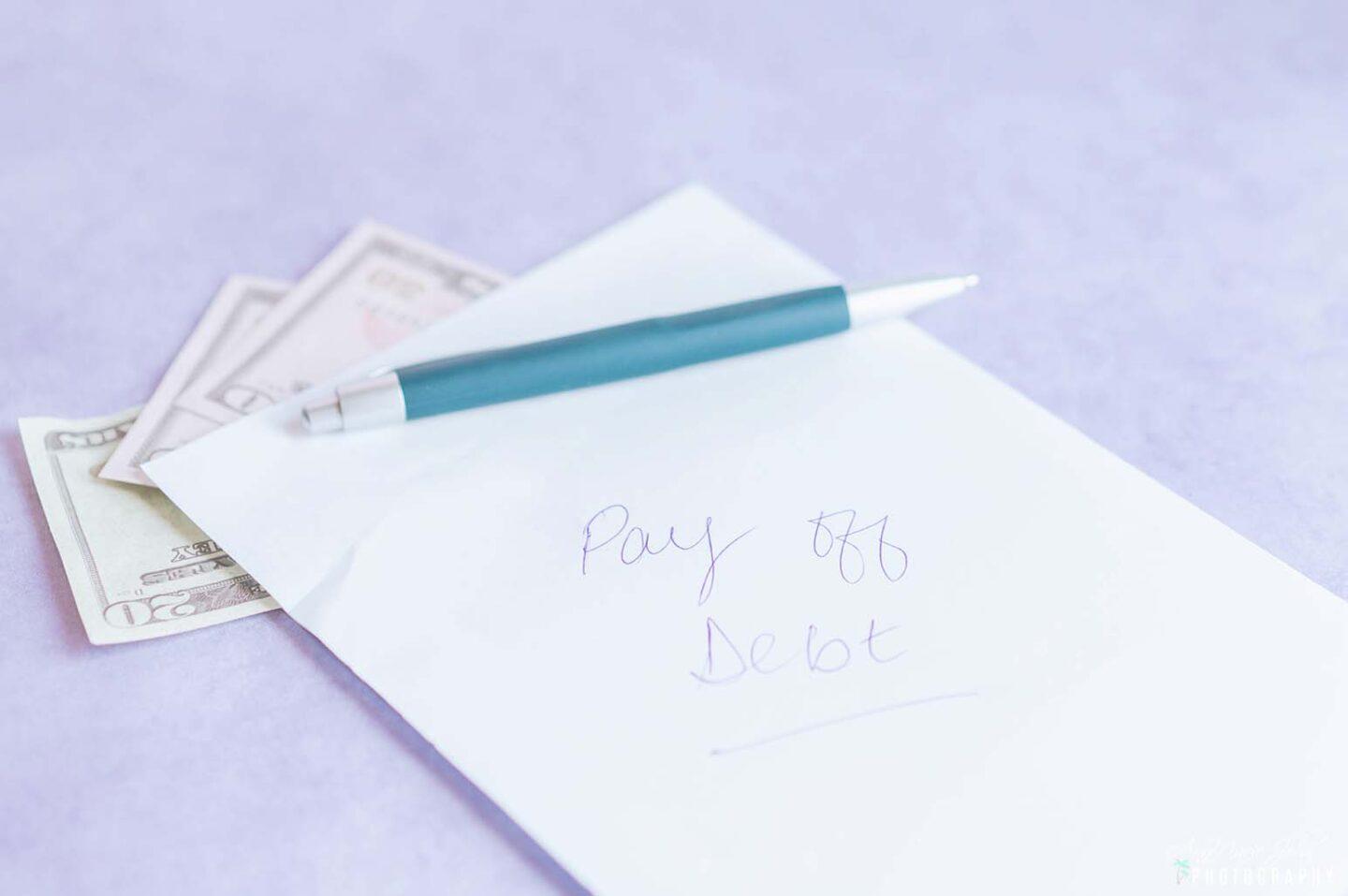Struggling with high levels of debt can be incredibly stressful and overwhelming. Whether you’re struggling to make ends meet due to limited income or have experienced a sudden financial setback, dealing with a pile of outstanding debts can seem almost impossible. Fortunately, a solution is available to help you regain control over your finances: debt consolidation. While many people see positive results from consolidating their debts, is it a good idea? Keep reading to find out.

What Is Debt Consolidation?
Debt consolidation is a process that involves taking out one large loan to pay off multiple smaller debts, either by taking out a loan against an existing asset or by taking out new, unsecured debt. This process can be an effective way to manage and pay off debt more quickly. Payday loan consolidation is one way to address these issues, helping to combine multiple outstanding debts into a single loan with more manageable terms. Through payday loan relief, borrowers can reduce their monthly payments and regain control over their finances without resorting to risky or expensive options like bankruptcy or defaulting on their loans.
Is Debt Consolidation a Good Idea?
There is no easy answer regarding whether or not debt consolidation is a good idea. While debt consolidation can offer some relief from the stress of managing multiple debts, it is not a cure-all solution. Debt consolidation can help you save money on interest charges and get out of debt faster, but it can also have drawbacks. Before you decide, it’s essential to understand the pros and cons of debt consolidation.
Benefits of Debt Consolidation
Repay Debt Sooner
There are numerous benefits to debt consolidation, the most important of which is that it allows you to repay your debt sooner. By combining your monthly debts into a single, more manageable monthly payment, you can streamline the repayment process and put yourself on a faster track to becoming debt-free.
Fewer Payments to Make Each Month
When you consolidate your debts, you essentially combine all your outstanding debts into one single loan. You’ll have just one payment each month instead of multiple payments. This can simplify your finances and make it easier to stay on top of your debt repayment plan.
Lower Interest Rate
You may be able to qualify for a lower interest rate on your consolidated loan than you are currently paying on your individual debts. It can save you money in the long run and help you get out of debt faster.
Potential to Improve Your Credit Score
If you make all your payments on time and as agreed, consolidating your debts can help improve your credit score. You’ll be reducing the number of outstanding debts you have and making regular, on-time payments. A higher credit score can give you access to better loan terms and interest rates in the future.
The Ability to Consolidate Multiple Types of Debt
Debt consolidation can consolidate multiple types of debt, including credit card debt, medical debt, student loan debt, etc. This can simplify your finances and make it easier to keep track of your debts.
The Peace of Mind That Comes With Having a Plan
You’ll develop a repayment plan with a set timeline when you consolidate your debts. It gives you the peace of mind to know when you’ll be debt-free. It can also help motivate you to stick to your repayment plan and get out of debt quickly.
Drawbacks of Debt Consolidation
While debt consolidation can offer some significant benefits, there are some potential drawbacks to consider.
Higher Overall Cost
One of the biggest potential drawbacks of consolidating your debts is that it could cost you more in the long run. That is because you may be extending the repayment period for your debts, which will result in more interest charges.
Risk of Missing a Payment
Another potential drawback of consolidating your debts is that you’ll be making just one payment each month. This can make it easier to miss a payment, damaging your credit score and putting you back at square one.
Loss of Flexibility
When you consolidate your debts, you’ll be required to make regular, fixed payments. It can limit your flexibility in making extra payments or paying off your debt early.
Potential for More Debt
One of the dangers of consolidating your debts is that it could give you more access to credit. If you consolidate your debts and then continue to use credit, you could end up in a worse financial situation than you were in before.

As you can see, there are both benefits and potential drawbacks to consolidating your debts. Before you decide, it’s essential to consider your unique financial situation carefully. If you’re not sure if debt consolidation is right for you, talk to a financial advisor. They can help you explore your options and make the best decision for your situation.
